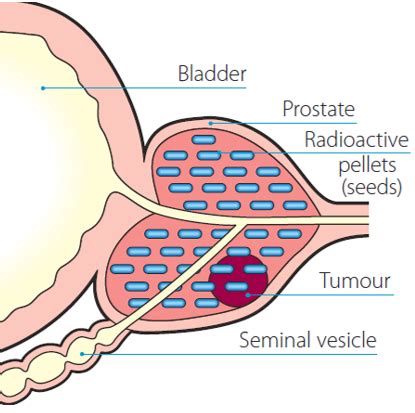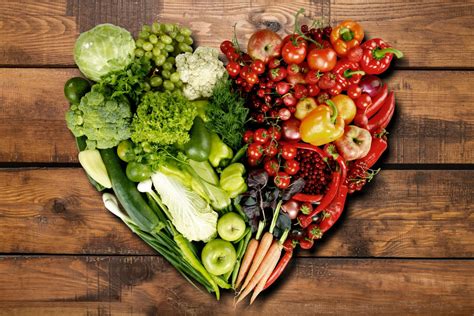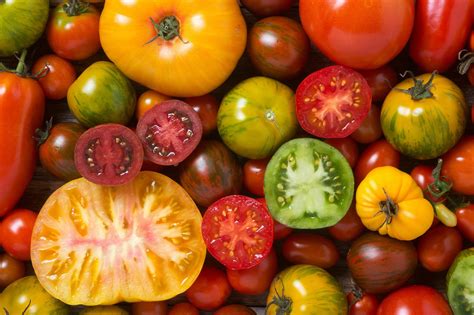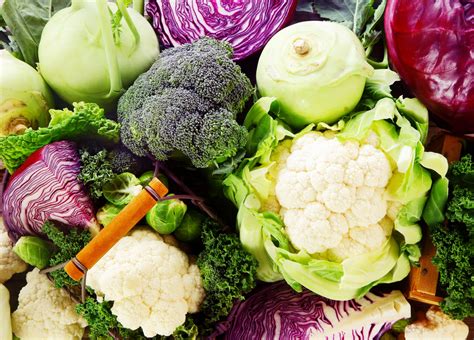What specific dietary patterns or food groups have been consistently linked to a reduced risk of prostate cancer in men?

Prostate cancer remains one of the most common cancers among men worldwide, making the exploration of preventative measures a critical area of health research. While genetics and age play undeniable roles, a growing body of scientific evidence points to diet as a powerful, modifiable factor in influencing a man’s risk of developing this disease. Adopting specific dietary patterns and incorporating certain food groups has been consistently linked to a reduced incidence and even progression of prostate cancer.
The Crucial Role of Diet in Prostate Cancer Prevention
Nutrition impacts various biological pathways implicated in cancer development, including inflammation, oxidative stress, hormone regulation, and cell growth. A diet rich in protective compounds can help mitigate these risks, while a diet high in pro-inflammatory elements can exacerbate them. Understanding which foods to prioritize and which to limit is key to leveraging diet as a preventative tool.

Embracing Plant-Based and Mediterranean Dietary Patterns
Consistently, studies have shown that dietary patterns emphasizing whole, unprocessed plant foods are associated with a lower prostate cancer risk. The Mediterranean diet, in particular, stands out. This pattern is characterized by a high intake of fruits, vegetables, whole grains, legumes, nuts, and olive oil as the primary fat source, moderate consumption of fish and poultry, and limited red meat and processed foods. The synergistic effect of these nutrient-dense foods provides a powerful anti-inflammatory and antioxidant environment.
Lycopene: The Red Secret for Prostate Health
Perhaps one of the most well-researched food components linked to prostate cancer risk reduction is lycopene, a potent antioxidant found predominantly in red and pink fruits and vegetables. Tomatoes are the richest source, and interestingly, lycopene is more bioavailable when cooked or processed (e.g., in tomato paste, sauce, or juice) and consumed with a small amount of fat. Lycopene has been shown to reduce oxidative stress and inhibit the growth of prostate cancer cells in laboratory studies.

Cruciferous Vegetables: Nature’s Cancer Fighters
Broccoli, cauliflower, cabbage, Brussels sprouts, and kale belong to the cruciferous family, which are celebrated for their cancer-fighting properties. These vegetables contain compounds like sulforaphane and indole-3-carbinol, which are known to promote detoxification, reduce inflammation, and induce apoptosis (programmed cell death) in cancer cells. Regular consumption of these vegetables is strongly associated with a reduced risk of various cancers, including prostate cancer.
The protective effects are thought to be dose-dependent, meaning men who consume more servings of cruciferous vegetables tend to reap greater benefits. Incorporating a variety of these into daily meals, whether steamed, roasted, or raw, can be a valuable strategy.

Omega-3 Fatty Acids and Green Tea: Beyond the Basics
Long-chain omega-3 fatty acids, found abundantly in fatty fish like salmon, mackerel, and sardines, have anti-inflammatory properties that may play a role in prostate cancer prevention. While the research is somewhat mixed, many studies suggest a beneficial effect, particularly for advanced prostate cancer. Plant-based sources of omega-3s include flaxseeds, chia seeds, and walnuts.
Green tea, rich in catechins (especially epigallocatechin gallate or EGCG), has also garnered attention for its potential anti-cancer effects. EGCG is a powerful antioxidant that may inhibit cancer cell proliferation and induce apoptosis.
Additionally, legumes (beans, lentils, soybeans) and whole grains provide dietary fiber and plant lignans, which can influence hormone levels and digestive health, potentially contributing to prostate cancer prevention.

Foods to Limit for Prostate Health
Just as certain foods can reduce risk, others can increase it. A high intake of red and processed meats (e.g., bacon, sausage, deli meats) has been linked to an elevated risk of aggressive prostate cancer. These foods are often high in saturated fats and can form carcinogenic compounds during high-temperature cooking. Similarly, diets high in saturated fats, found in full-fat dairy products and certain processed foods, and excessive sugar intake are often associated with increased inflammation and a higher risk.

Conclusion: A Holistic Approach to Prostate Cancer Prevention
While no single food or nutrient can guarantee protection against prostate cancer, adopting a predominantly plant-based diet rich in whole foods—particularly those high in lycopene, cruciferous compounds, and omega-3 fatty acids—appears to be a powerful strategy for risk reduction. Limiting red and processed meats, excessive dairy, and refined sugars further strengthens this protective approach. Integrating these dietary changes with a healthy lifestyle that includes regular physical activity and maintaining a healthy weight offers the most comprehensive pathway to promoting prostate health and reducing cancer risk.








